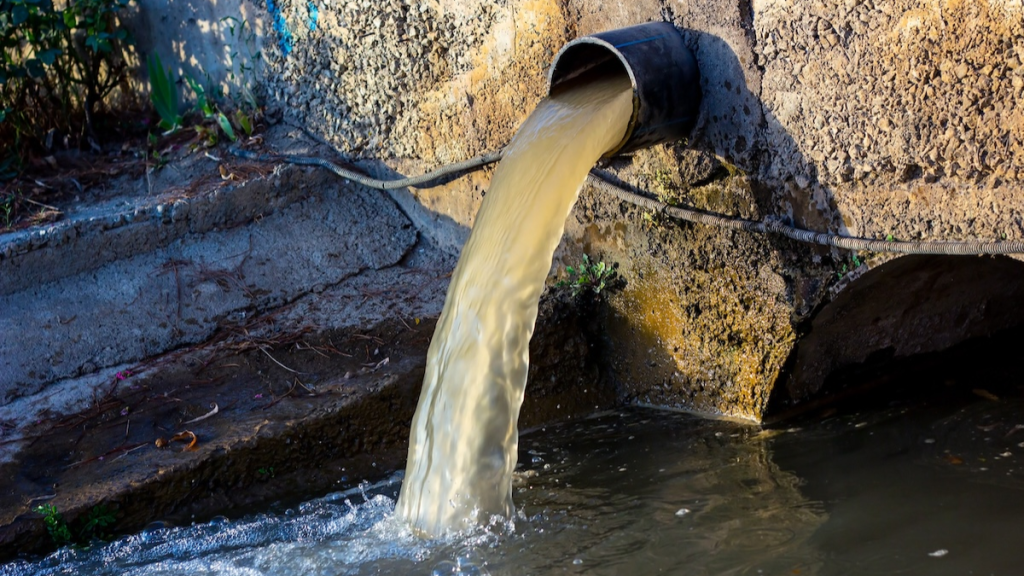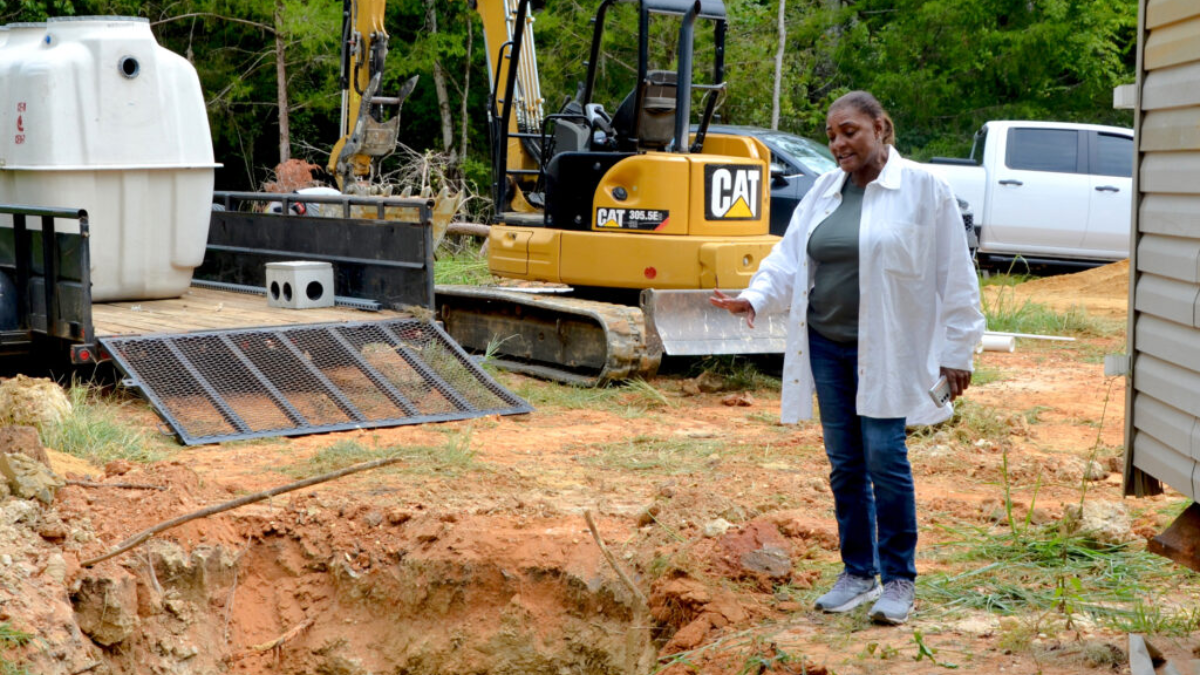Federal settlements aimed at aiding Black communities in Alabama suffering from chronic raw sewage exposure have been abruptly terminated under former President Donald Trump’s policies, drawing sharp criticism from public health advocates and civil rights organizations.
The move effectively ended efforts that could have brought critical sanitation upgrades to low-income areas long plagued by environmental injustice.
The communities affected — primarily in Lowndes County and surrounding parts of rural Alabama — have long battled deteriorating infrastructure, failing septic systems, and unsanitary conditions.
Many residents rely on rudimentary waste systems that routinely overflow, exposing households to raw sewage and associated health risks such as hookworm infections, which were once thought eradicated in the U.S.
History of the Crisis in Alabama’s Black Belt
Lowndes County, located in the region known as the Black Belt due to its rich soil and historically Black population, has faced long-term neglect in infrastructure investment.
A 2017 study by the National School of Tropical Medicine found that more than 30% of residents tested positive for hookworm — a parasitic disease associated with poor sanitation.
Despite these findings, long-standing requests for aid were repeatedly ignored or deferred. During the Obama administration, the Department of Justice (DOJ) and Environmental Protection Agency (EPA) began exploring federal support to rectify the problem, resulting in early settlement discussions to direct funding toward modern sanitation solutions.
However, those efforts came to a halt after Trump took office. The administration significantly weakened EPA enforcement, reassigned civil rights investigations, and ultimately terminated the ongoing settlement talks. Local officials say this derailed years of progress and left communities to fend for themselves.
Public Health and Environmental Advocates Respond
The termination of the settlements has alarmed environmental and health advocates, many of whom say the decision reflects broader patterns of systemic neglect toward Black and marginalized communities.
“This is not just an environmental issue — it’s a civil rights issue,” said Catherine Flowers, founder of the Center for Rural Enterprise and Environmental Justice.
Flowers, a longtime advocate for sanitation reform in Alabama, says the Trump administration’s decision “robbed these communities of the support they were finally beginning to receive.” She noted that without federal intervention, the counties lacked the technical and financial capacity to fix outdated waste systems on their own.
A 2020 investigation by the U.N. Special Rapporteur on extreme poverty cited Alabama’s rural sanitation crisis as a “clear example of environmental racism,” drawing international attention to the issue.

Residents Speak Out
Local residents describe the situation as dire. “When it rains, my yard floods with sewage. I can’t let my grandkids play outside,” said Linda Warren, a resident of Lowndes County for over 30 years. “We were told help was on the way, and then it just disappeared.”
Many homes lack access to basic plumbing, and some rely on so-called “straight piping,” where wastewater is discharged directly onto the ground. These systems not only pose serious health hazards but also violate state and federal sanitation codes — further complicating residents’ ability to secure legal housing or public assistance.
A Broader Trend of Deregulation
Experts say the move to halt these settlements fits a broader pattern seen during Trump’s presidency. From rolling back the Waters of the United States (WOTUS) rule to weakening EPA enforcement authority, the administration routinely prioritized deregulation over environmental protection — often at the expense of vulnerable communities.
“This wasn’t just a bureaucratic shift,” said David Beard, a policy analyst at the Southern Environmental Law Center. “It was a deliberate dismantling of legal tools that allowed communities to seek justice for decades of neglect.”
Some critics argue that ending the settlements violated Title VI of the Civil Rights Act, which prohibits federally funded programs from discriminating based on race or ethnicity. While investigations into civil rights violations were launched, many were stalled or dismissed under new DOJ guidelines issued during Trump’s term.
Calls for Federal Action Resurface
Following President Joe Biden’s inauguration, advocates renewed calls for federal agencies to revisit the Alabama sanitation crisis and reinstate support for affected communities. In 2021, the EPA launched a new Office of Environmental Justice and Civil Rights, signaling a shift in tone.
However, many residents say they’re still waiting for tangible results.
“We’ve had promises before,” said Warren. “Until we see actual pipes in the ground, it’s just talk.”
Senator Bernie Sanders and Representative Cori Bush are among the lawmakers calling for congressional oversight and permanent funding for rural sanitation improvements.
Legislation introduced in 2023 would allocate federal dollars specifically to fix failing septic systems in low-income communities — but progress has been slow.
The Fight Continues
For the residents of Alabama’s Black Belt, the battle for basic sanitation continues. The sudden end of settlement talks during the Trump administration marked a major setback, but local advocates and national leaders are pushing forward.
“Everyone deserves access to clean water and safe sewage,” said Flowers. “This is America — not a forgotten place.”
As attention on environmental justice grows, communities hope that the next wave of federal aid won’t be swept away again by politics.
For a detailed timeline of the EPA and DOJ actions, visit Southern Environmental Law Center.
Disclaimer – Our team has carefully fact-checked this article to make sure it’s accurate and free from any misinformation. We’re dedicated to keeping our content honest and reliable for our readers.
